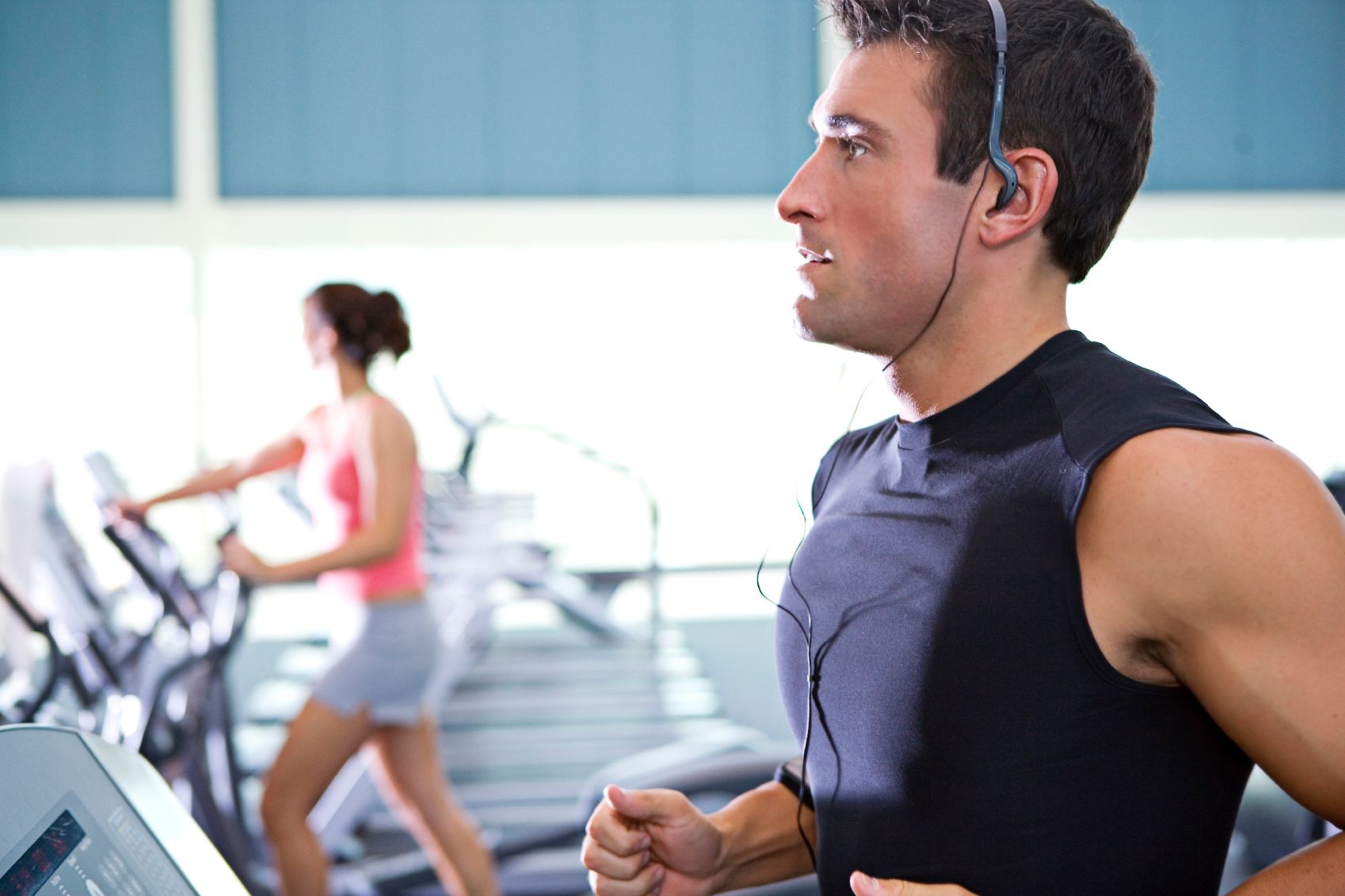Rhodiola Rosea May Protect Athletes from Viral Infection
The new study explored the anti-viral potential of Rhodiola rosea among marathon runners.

Polyphenols from green tea and blueberries have been studied for potential anti-viral benefits to athletes, but a new study1 is suggesting for the first time that Rhodiola rosea may also protect athletes from viral infections.
Researchers in North Carolina examined blood samples from 48 marathon runners to compare the effects of Rhodiola rosea versus a placebo on the body’s response to viral infections after heavy exercise. Although initial studies found Rhodiola rosea to have no impact on inflammation or oxidative stress, additional testing of an in vitro assay found that polyphenolic compounds in Rhodiola rosea may have protected the runner’s cells against vesicular stomatitis virus (VSV) by delaying the infection for up to 12 hours after the marathon.
“Basically, after heavy exertion, bacteria and viruses can multiply at a higher rate than normal due to factors in the serum like stress hormones and inflammatory cytokines,” says David Nieman, PhD, a lead author of the study. “This is why runners are six times more likely to get sick after a marathon.”
For the first time, this study “showed that in those who used Rhodioloa rosea, the viruses could not multiply, meaning it was acting as a countermeasure,” says Nieman.
Study Details
In the 30 days leading up to the marathon, runners ingested either 600 mg/day of Rhodiola rosea or a placebo, and continued that dosage on the day of the marathon and for 7 days after the marathon. Blood serum samples were collected the day before the marathon, 15 minutes after the marathon, and 1.5 hours after the marathon.
In examining the serum from runners who supplemented with Rhodiola rosea, researchers found that HeLa cells were still being killed by VSV and there was no attenuation of the marathon-induced susceptibility. The experimental group’s serum also did not display any antibacterial properties at any time, according to researchers.
However, based on an in vitro assay of the runners’ serum, the Rhodiola rosea supplementation did appear to have the effect of “delaying an exercise-dependent increase in virus replication,” thereby inducing anti-viral activity at early times post-infection.
“These results indicate that bioactive compounds in the serum of subjects ingesting Rhodiola rosea may exert protective effects against virus replication following intense and prolonged exercise by inducing antiviral activity,” concluded the researchers.
Another author of the study, Maryam Ahmed, PhD, explained that the in vitro assay was able to demonstrate the Rhodiola rosea anti-viral properties when the original blood samples did not show results.
“It is difficult to test the anti-viral functions of a lot of these types of compounds in humans,” says Ahmed. “So the really unique aspect of this study is that we gave these individuals the supplements, and we were able to test their blood in the lab using the experimental procedures that we developed to find out whether the compounds in the blood can protect cells against viruses.”
In previous studies, Ahmed and Nieman have found that polyphenolic compounds from green tea and blueberries may also be “effective at preventing viral replication in athletes after intense competition.”2
Read more:
Research Preview: Dairy Hydrolysate for Exercise Recovery
Webcasts Available On Demand: Sports Supplements at Work
Michael Crane
Associate Editor
Nutritional Outlook Magazine
michael.crane@ubm.com
References:
1. Ahmed M et al., “Rhodiola rosea exerts antiviral activity in athletes following a competitive marathon race,” Frontiers in Nutrition. Published online July 31, 2015.
2. Ahmed M et al., “The protective effects of a polyphenol-enriched protein powder on exercise-induced susceptibility to virus infection,” Phytotherapy Research, vol. 28, no. 12 (December 2014): 1829-1836.








2 Commerce Drive
Cranbury, NJ 08512
All rights reserved.

